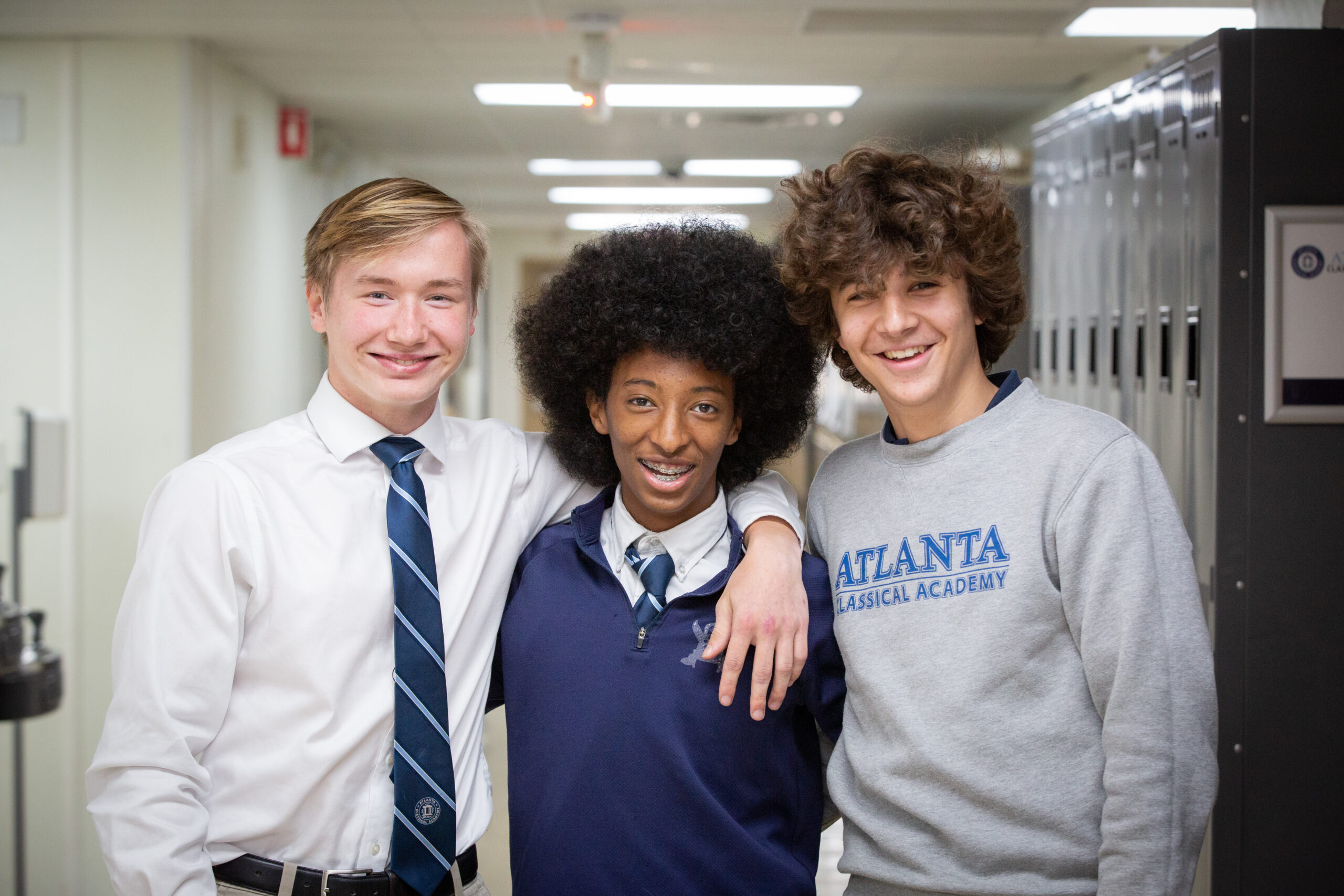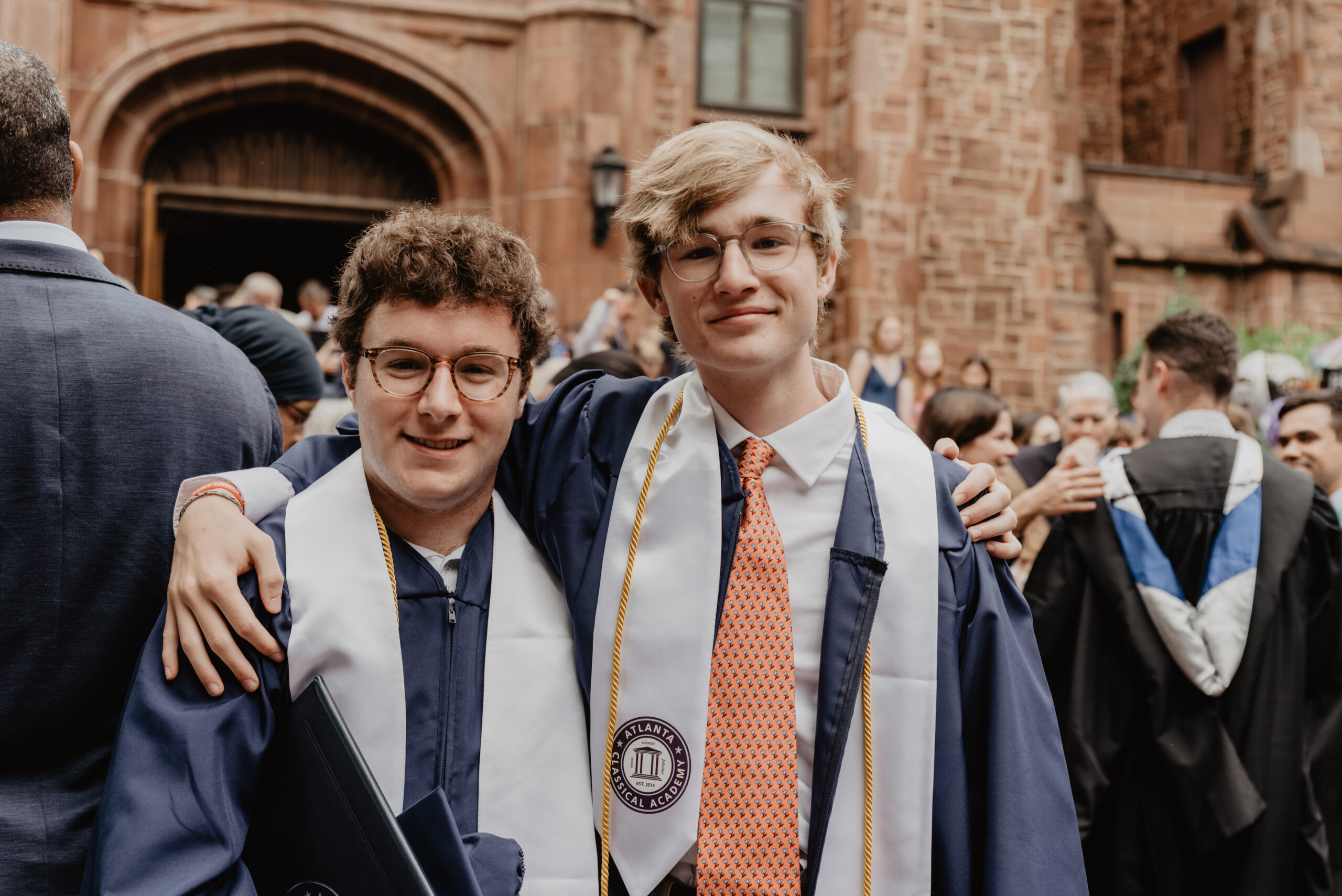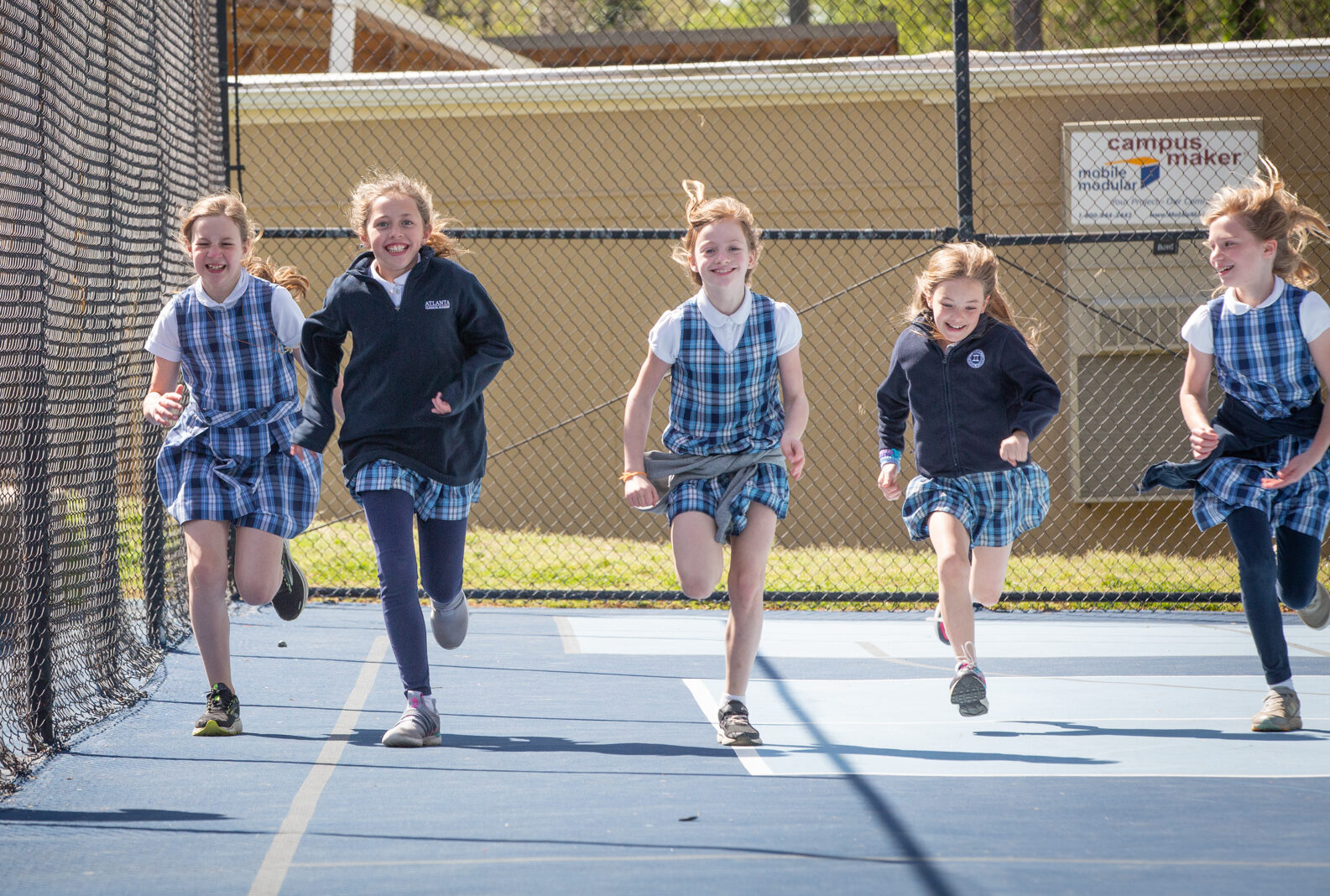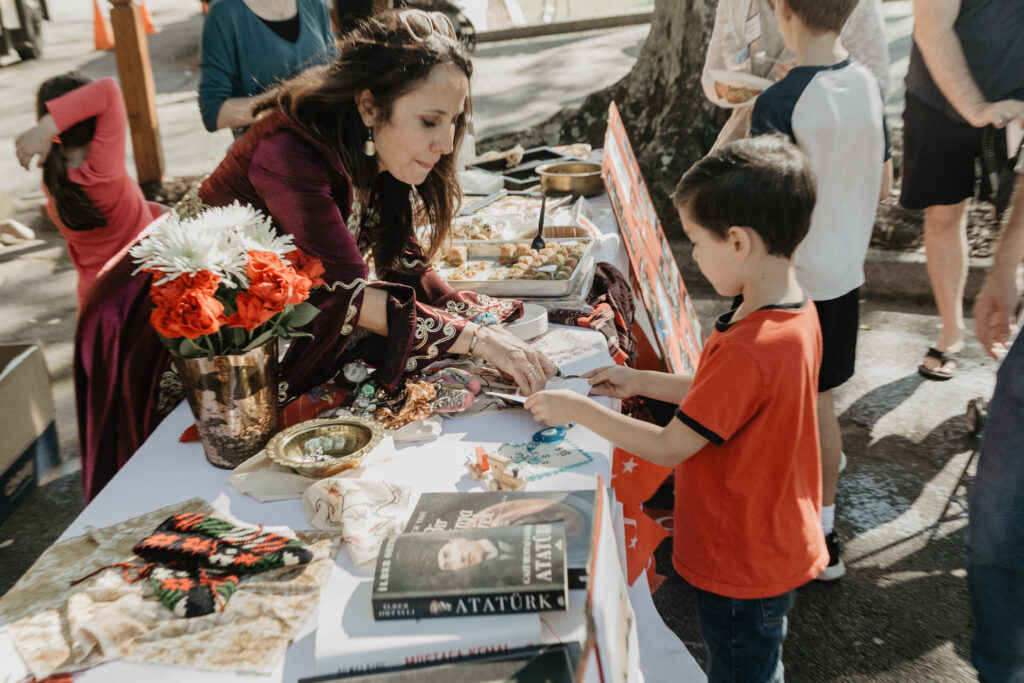Prospective Parent Resources: Upper School
Join our enrollment coordinator, Janet Tomko, as she tours the upper school campus and discusses ACA academics, fine arts, athletics, and extracurricular activities.
Upper School Course Details
The AP Sequence: AP Biology, AP Chemistry, AP Physics, AP Calculus BC, AP Computer Science Principles, AP Computer Science A, and AP Latin. Though we have not elected to offer all of our core curriculum in AP format, we have created a sequence of courses that students may begin to take in their sophomore year of high school. The six ‘STEM’ offerings are a robust sequence for students who choose to begin pursuing this route in 10th grade.
0.5 Credit Requirements: Composition (9th grade), Moral Philosophy (10th), A Survey of the Fine Arts, (10th) Political Philosophy (11th), American Government (11th), and Lessons in Wonder (12th). Humanities courses have historically been a strength at Atlanta Classical and we have recruited talented teachers in corresponding fields. This sequence of unique required courses ensures that students are close readers, nuanced thinkers, and excellent writers. These courses are essential to our aim of ordering the affections of our students.
Expanded High School Elective Offerings, including: Problems & Principles of Engineering (Dr. Han), Ethics (Dr. Kapelina-Thomas), Creative Writing (Mr. McClatchey), Theatre (Dr. Kapelina-Thomas), Studio Art (Mrs. Collier-Johnston), Other Voices (Mr. Hawkins), Major Movements and Ideologies of the Modern World (Mr. Rosenzweig). In recent years, these have become more central in the upper school at ACA. Our elective offerings respond both to student interest and to teacher expertise. Students who take advantage of these elective courses seriously enrich their educational experience.
7th and 8th Grade Electives: Students have the option to take physical education, a selection of several music and fine arts electives (in addition to the core music and art courses that all students take), or study hall during 7th hour during their middle school years. These courses happen on a rotating A / B schedule, so students may choose a study hall and an elective for each semester or may “double up” on electives or study halls.
Choosing a Language in Freshman Year: In 9th grade, students choose whether or not to continue on to Latin III or begin Spanish I. Students are required to take three years of foreign language courses and many choose to take a 12th grade course even after completing their requirements. Our advanced language courses are a unique strength of the school and get better every year.
Summer Physical Fitness Class: In the months before beginning 9th grade, students have the option to take Physical Fitness through a school-sanctioned platform. Doing so creates flexibility during the 7th hour in the schedule that school year.
Upper School Culture
Class Trips and Field Trips: Each year from 7th through 12th grade, students can expect to go on at least one significant trip or retreat in addition to one class-related field trip during a school year. The class trips and retreats are central experiences for students and often become highlights of the year.
Daily Advisory: Each day between first and second period, students meet in small groups with an advisor to build camaraderie and address the following topics:
- Monday: Previewing the week + Executive Functioning Skills
- Tuesday: Get to know a member of the advisory
- Wednesday: Discussions of well-being
- Thursday: Weekly advisory tradition
Cav Period every Friday: Each Friday, each academic period is condensed by 5 minutes to create a 45 minute Cav Period at the end of the day. These weekly periods are generally dedicated to culture-building events and sometimes consist of larger assemblies.
- 7th and 8th Grade: House Events and Competitions
- 9th and 10th Grade: Cav Choir and Improv
- 11th Grade: Community Building with Faculty and College Application Work
- 12th Grade: College Application Work and Senior Thesis Training
6th through 8th Grade House System: The system of four competing houses is the primary cultural force in the middle school. The house system generates fun competition and opportunities for leadership and service.
Student Government and Clubs: The SGA combines with an ever-growing set of upper school clubs to form the foundation for culture in the upper school. The SGA and various clubs hold regular meetings and sponsor events throughout the year.
R&R Weekends: Once per quarter, we mark a weekend on which we do not give homework to high school students. In addition to this, we encourage teachers to give limited homework on breaks and on long weekends that are not officially marked as R&R weekends.
Quarterly Award Ceremonies: Each ceremony includes an address from the principal(s), a choir performance, reading of the Principal’s List, 7th and 8th Grade Student of the Quarter, 9th and 10th Grade Student of the Quarter, 11th and 12th Grade Student of the Quarter, Middle School Virtue Award, High School Virtue Award, Middle School Athletics Honor, High School Athletics Honor, Middle School Fine Arts Honor, and a High School Fine Arts Honor.






